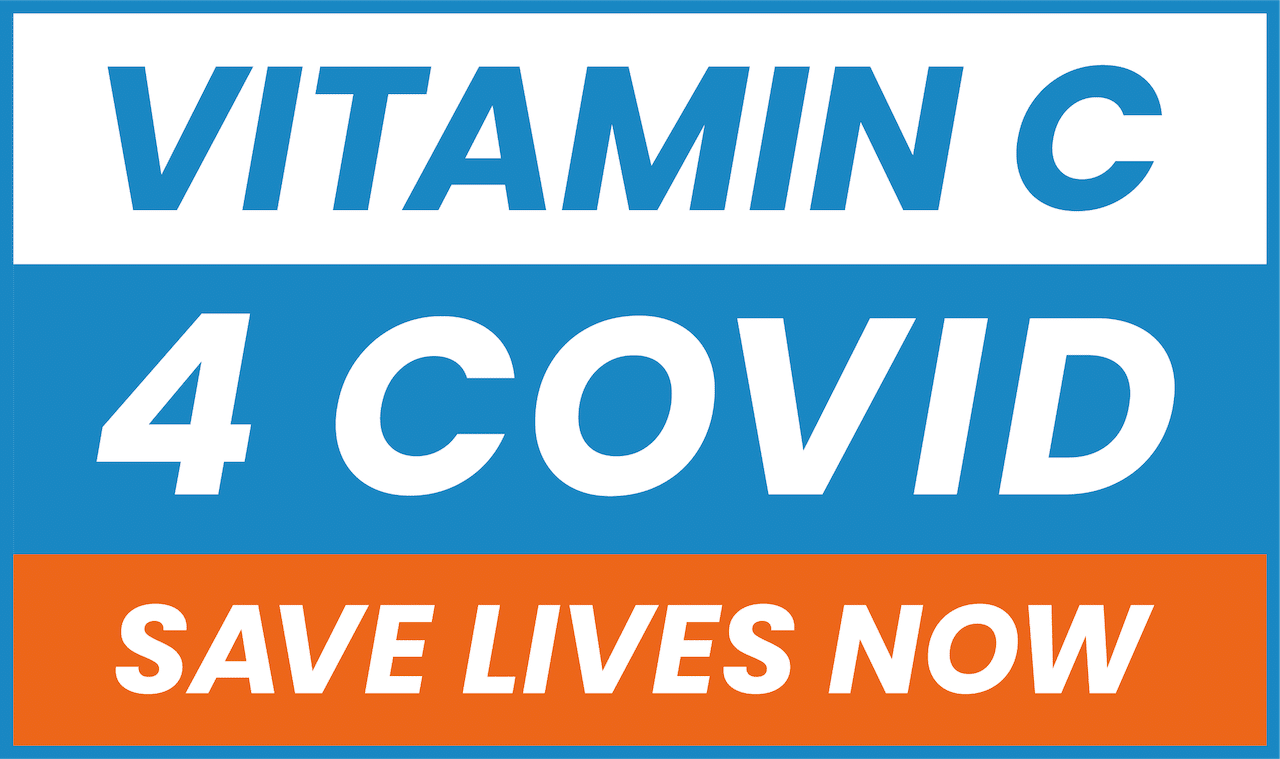Published on 7 December, nutritionist Patrick Holford has co-authored a major scientific review positioning vitamin C as ‘a game-changer for COVID’ and an ‘adjunctive therapy’ for acute respiratory infection and sent it to Government.
The peer-reviewed paper makes the case for testing vitamin C levels in COVID-19 patients and treating those with a deficiency with high-dose IV vitamin C. The report’s experts reviewed over 100 studies which saw positive outcomes in cases where vitamin C was administered to COVID patients, as evidenced by declining death rates and severity of symptoms.
Holford et al’s findings have been published by journal Nutrients and delivered to NICE, the Scientific Advisory Committee on Nutrition, SAGE, all NHS chiefs and the Health Secretary, Matt Hancock. The authors have seven key demands:
- A thorough assessment by Government into the evidence and proper funding for studies of this ‘inexpensive and safe nutrient’
- A recommendation to all citizens, direct from Government and the NHS, to supplement vitamin C during the pandemic
- The removal of ‘false information’ warnings from content on ‘vitamin C for COVID-19 or corona’ in digital, print and broadcast media
- Approval for doctors and nutrition practitioners to recommend vitamin C supplementation for any patients with cold symptoms or coronavirus infection ‘to reduce duration and severity of symptoms’ as an allowable health claim
- For the vitamin C status of all COVID-19 patients to be tested and treated accordingly
- For vitamin C to be administered to all COVID-19 patients as early as possible after admission to hospital
- IV vitamin C to be trialled as a ‘standard adjunctive treatment’ for all critical COVID patients in ICU.
It is safer than water, inexpensive and widely available. The appropriate use of vitamin C as early as possible in infection, and in high intravenous doses in ICUs, would potentially be a game-changer
“Given the favourable safety profile and low cost of vitamin C, and frequency of vitamin C deficiency in respiratory infections, it may be worthwhile testing patients’ vitamin C status and treating accordingly with intravenous use within ICUs and orally with doses between 2g and 8g per day in hospitalized and infected persons,” Holford et al state in the review’s abstract.
The study is part of a global campaign, Vitamin C for COVID, which seeks to normalize the widespread testing of vitamin C levels through urine dip sticks tests in vulnerable groups – such a care homes – and to implement the widespread use of vitamin C ‘wherever there is a raised risk of COVID-19 infection’.
Lead author Holford says the benefits of vitamin C are ‘still being classified as false information’ and are rarely recommended by doctors. “This is a tragedy. Vitamin C can reduce the number of people getting severely infected and dramatically reduce the risk of death in those critically ill in hospitals.
“It is safer than water, inexpensive and widely available. The appropriate use of vitamin C as early as possible in infection, and in high intravenous doses in ICUs, would potentially be a game-changer.”
To support the campaign, visit www.vitaminc4covid.com.





